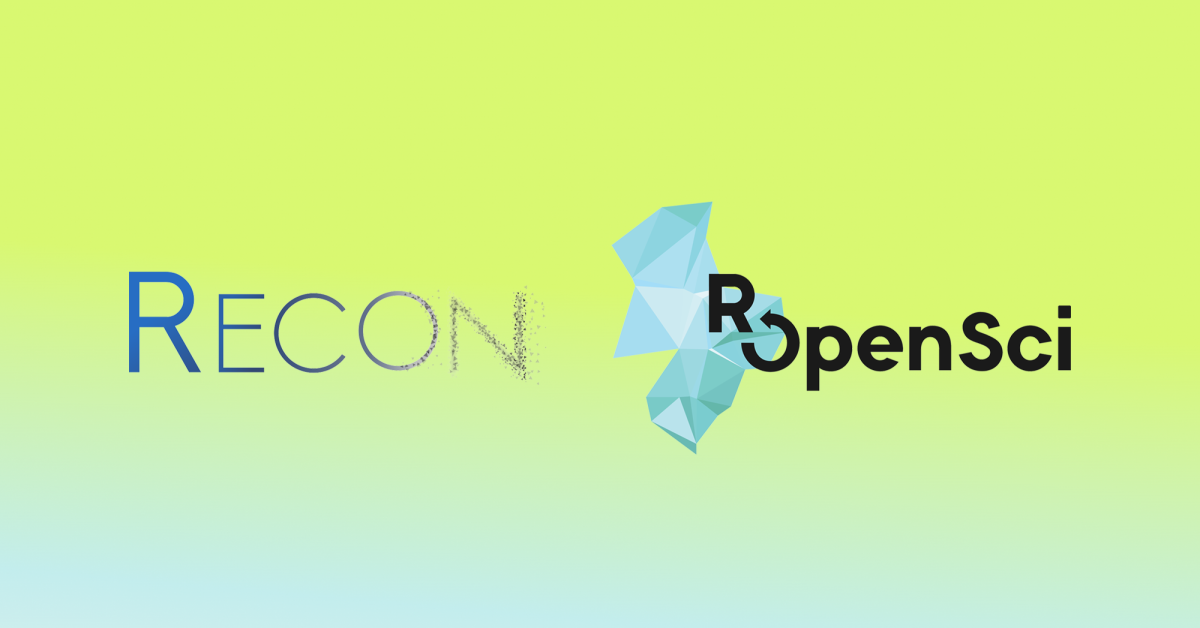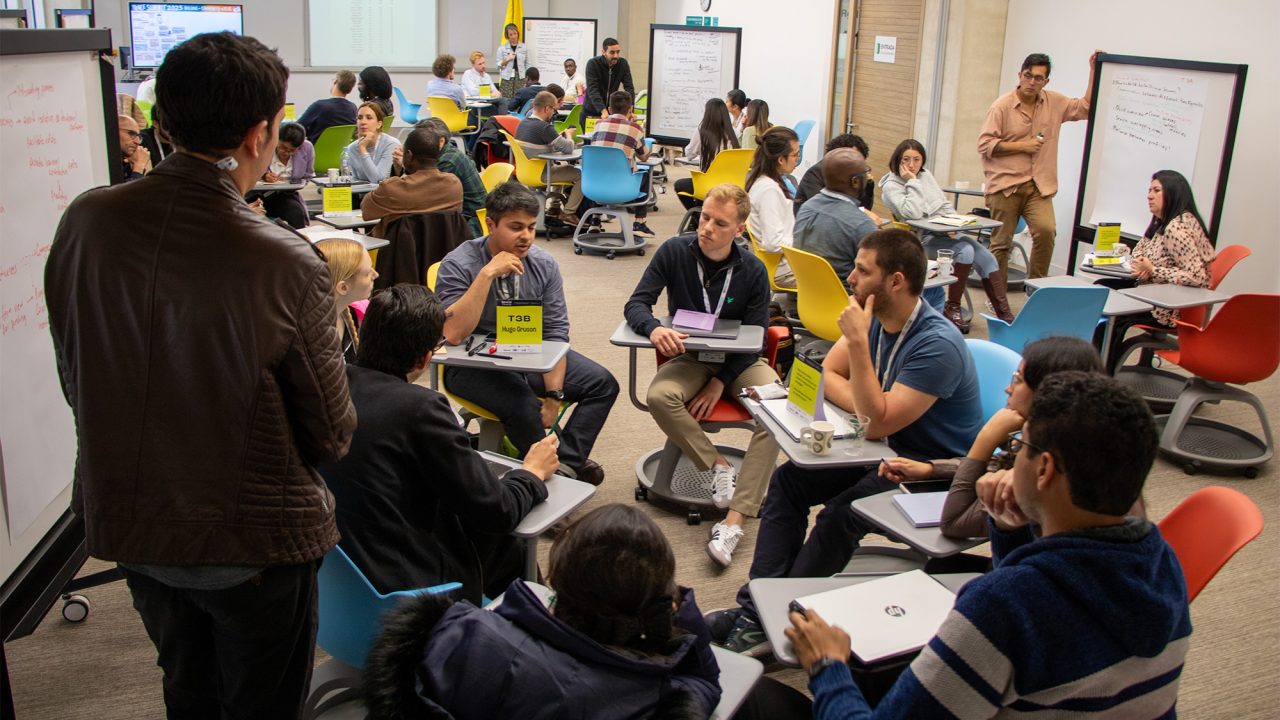In the spring of 2020, with the better part of the world on lockdown, it was abundantly clear just how ill-prepared we were to handle a global public health crisis.
How will we respond when the next crisis hits?
To ensure that we are better prepared when that time comes to collect, share, and take action informed by data, we launched Epiverse, a collaborative to develop a trustworthy data analysis ecosystem. This system of standardized, easily accessible epidemiological software tools, is making exciting progress toward strengthening our resilience and response in the global fight for public health.
Using GitHub—a collaborative development platform for creating, storing, and managing code—we have more than 15 packages available. The design of these free-to-use, open-source tools was informed by methods and analysis used successfully in epidemic response to infections including cholera, COVID-19, dengue, diphtheria, Ebola, influenza, and Zika. Three of the packages are available on the Comprehensive R Archive Network, or CRAN, making them more easily accessible and proving their high quality, and have been downloaded more than 21,000 times, and three are certified as digital public goods by the Digital Public Goods Alliance.
In other words, the Epiverse ecosystem is growing by the day, and we are committed to making it accessible and actionable for our likewise growing network of partners. The Epiverse community launched training materials to support the adoption of computational tools in epidemiology and hosted an in-person training event in Colombia.

To further expand our reach, we are excited to announce a new partnership with RECON and rOpenSci. RECON delivers a collection of epidemiological tools that provide key building blocks and methods for the Epiverse ecosystem. rOpenSci brings over a decade of expertise in creating software standards and managing code and community through its unique software peer-review process. As part of this partnership, rOpenSci will work with Epiverse developers to produce sustainability strategies for the software suite, including growing the user and contributor base, training skilled maintainers, producing developer documentation, and planning for governance and knowledge transfer. rOpenSci will also use its expertise in multilingual software development to help make Epiverse more accessible to non-English users and contributors.
At data.org, we think a lot about the best ways in which we can contribute to an ecosystem of digital public goods and build purpose-driven data capacity for the social impact sector. Through our training, resources, webinars, and cross-sector partnerships, we aim to advance the growing community of people and organizations doing good work to harness the power of data and deploy it for social impact. With RECON and rOpenSci in our corner, we are in an even better position to do just that.
